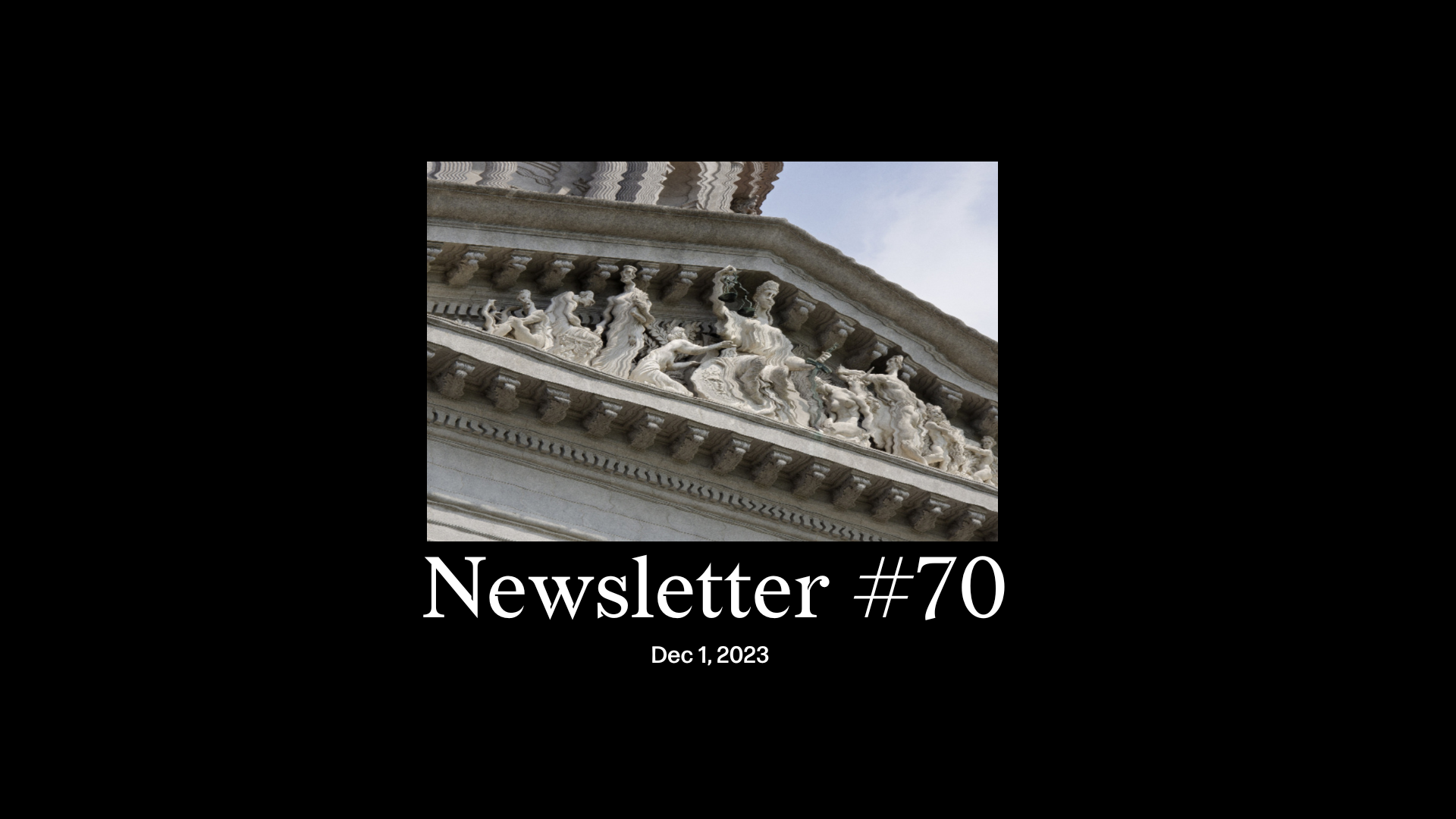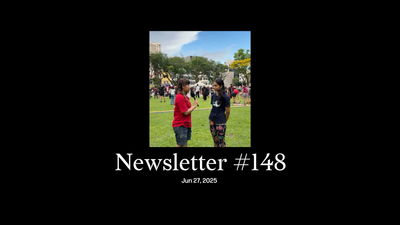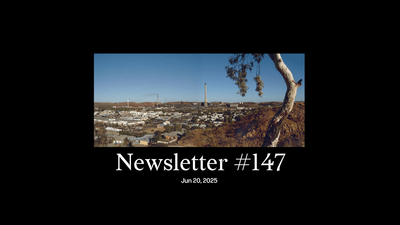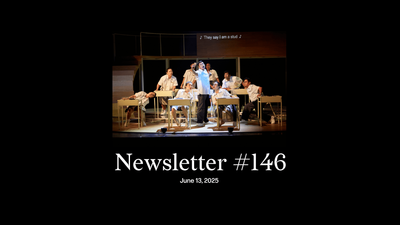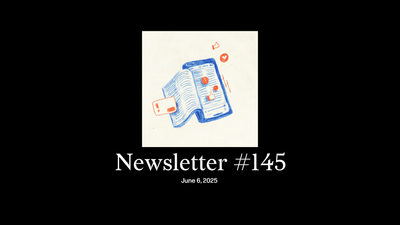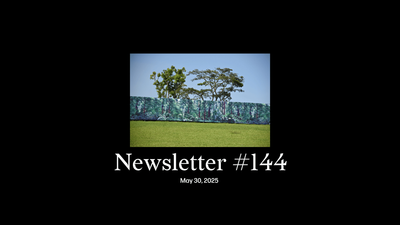Dear reader,
Our print issue is here! We’re going to start shipping them out next week. Thank you all for your patience. Please place your orders by Sunday for delivery ahead of Christmas.
There are now over 5,000 of you receiving this newsletter! And I bet you’re eager to know what transpired with the POFMA orders we received in July. Earlier this month, the Court of Appeal dismissed Jom’s application for permission to appeal, meaning we effectively had no grounds to appeal the High Court’s decision in September. This brings to an end our POFMA journey. Given that we can now speak candidly about the whole process, we’ve decided to dedicate today’s issue to the granularities of the case.
In our essay, “POFMA fail: the end of our journey”, we perform a close reading of the three alleged falsehoods that the government said we communicated through our journalism.
I partially agree with one of them but resolutely disagree with two. We, and I in particular, could have done a better job with our description of what Teo Chee Hean, senior minister, said in relation to conflicts of interest with the Ridout Road saga. For the other two statements, concerning alleged corruption with said saga, and alleged government interference with Instagram, I consider the POFMA orders utterly nonsensical.
While cherishing the independence of the work of Valerie Thean, High Court judge, and accepting her decision, we respectfully disagree with it. Part of the reason for writing this essay is to help engender a culture of reasoned criticism of judicial decisions. We also discuss the concepts of truth and falsehoods in society, and the potentially harmful effects of POFMA on journalism here.
While the essay deals with grammar granularities and philosophical ponderings, the rest of this newsletter is about the human side of things, in terms of Jom’s internal dynamics and motivation levels throughout this period.
As the leader of this organisation, I underestimated the emotional toll POFMA would ultimately take on the team. Part of the reason was that immediately following the orders on July 16th, there was a wonderful, if strange, mix of indifference (“Ah, POFMA, no big deal”) and exuberant support (subscriber numbers shot up—thank you). We were also buoyed by the offers of pro-bono legal support from Jordan Tan; and later, Keith Han. That outstanding lawyers believed in Jom, and were happy to not just represent us, but consistently share formal and informal advice with me, up till this very moment, has meant a lot. A big thanks to them and their teams.
Meanwhile, at a personal level, having dealt with annoying government prickliness for over a decade now, I wasn’t too bothered by the POFMAs. Yet all that also blinded me, I think, to incipient fears about the future of this company, which were emerging in different quarters.
Is this the beginning of the end? Is the G going to now start pummelling us into submission? Am I now blacklisted from employment? Will I never be able to ballot for a BTO?
Fear is contagious, and my assumption then was that by just projecting calm and confidence, that would be enough to dampen it, enough leadership for all my Jomrades. Poor assumption. Each individual rightfully has their own personal risk calculus, which differs from mine, and which informs their view of how they can each lead their best lives. I should have done a better job of just holding space, of allowing each person to air their thoughts, and also sharing some of my own concerns and fears, which I often downplay, partly for the sake of putting on a brave face to oppressors.
Lesson learned. By the time of our next hiccup, two months later, when the government accused one of our endorsers of foreign interference, I think we were in much better shape to talk about it, process it, and move on.
With the benefit of hindsight, I can also now see how POFMA’s effects continued to reverberate long after the fact. The order hit at a time when we were all struggling to complete other bits of ancillary work beyond our regular weekly production—including the print issue and the development of our e-shop. In that blur, our internal conversations were often truncated. Unresolved issues were left to fester, and ended up affecting team morale and cohesion in surprising ways.
Thankfully, we’ve managed to pull through! And can now smile and joke a bit about recent events. I think the entire POFMA journey also demonstrated the importance of face time. The flexibility of a remote-first organisation is liberating, but many of these issues, I feel, might have been much more easily resolved, or may even have been non-issues, if we were simply in the same room. We’re hoping to spend more time together, including on short get-aways in the region.
In many ways, I see this all as a symptom of Jom’s maturity. It’s been two years since Charmaine, Waye and I first discussed the idea for a magazine. We’re growing up and will have growing pains. Thank you all for joining us on this ride, and for your constant support.
In “Singapore This Week”, we talk about the shaping of the Long Island narrative, a lecturer telling students to stop asking for permission to be creative, escalator “safety incidents”, “Gaya Kebaya - 130 years” at Kampung Gelam, The Necessary Stage’s enduring influence on theatre practitioners, and much more. (On the Singapore establishment’s love of Kissinger—look out for that next week.)
Finally, a reminder about our print launch this evening, 7pm at the Visual Arts Centre (Dhoby Ghaut). It’s part of the Ethos Book Festive Market. There’ll be a panel discussion and some refreshments. No registration needed—it’s first come first serve with limited seating. See you then.
Jom!
Sudhir Vadaketh
Editor-in-chief, Jom
If you've enjoyed our newsletters, please scroll to the bottom of this page to sign up to receive them direct in your inbox.


